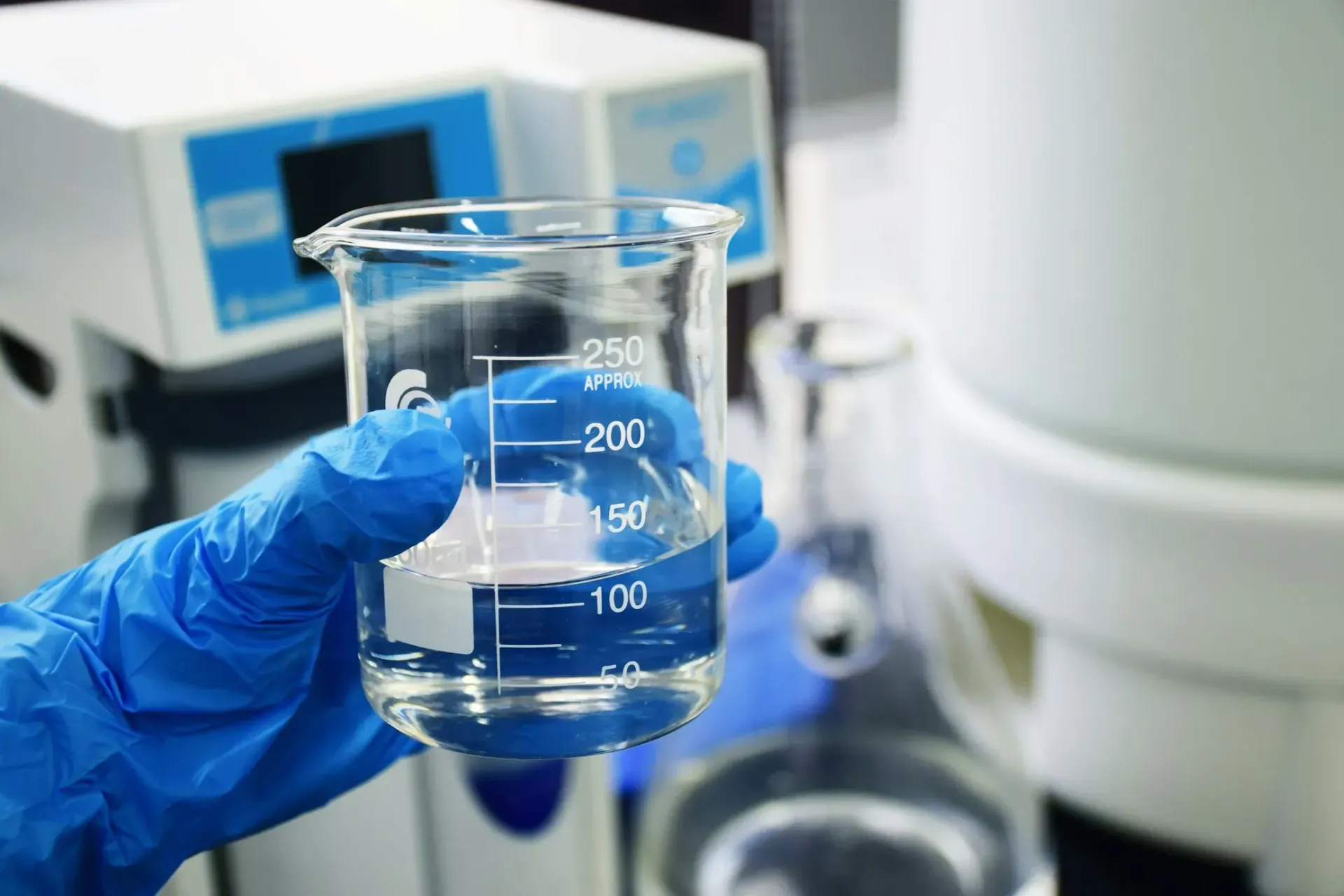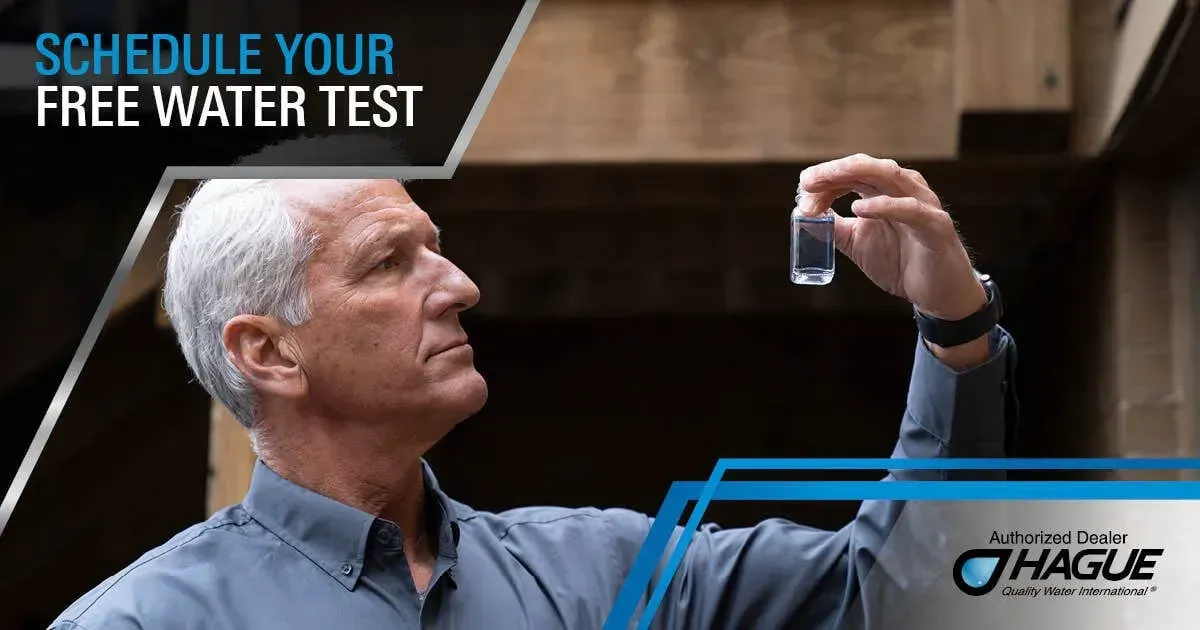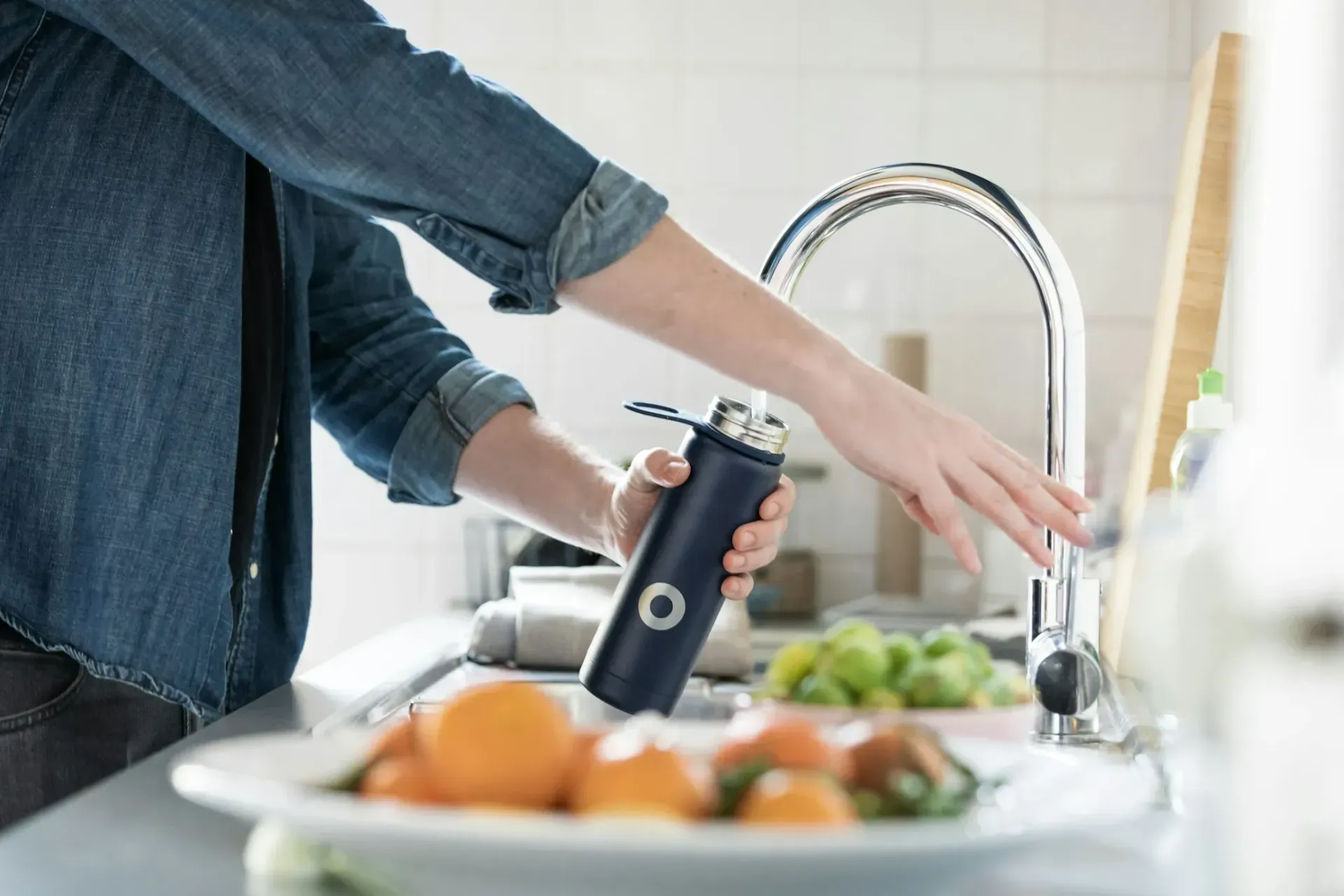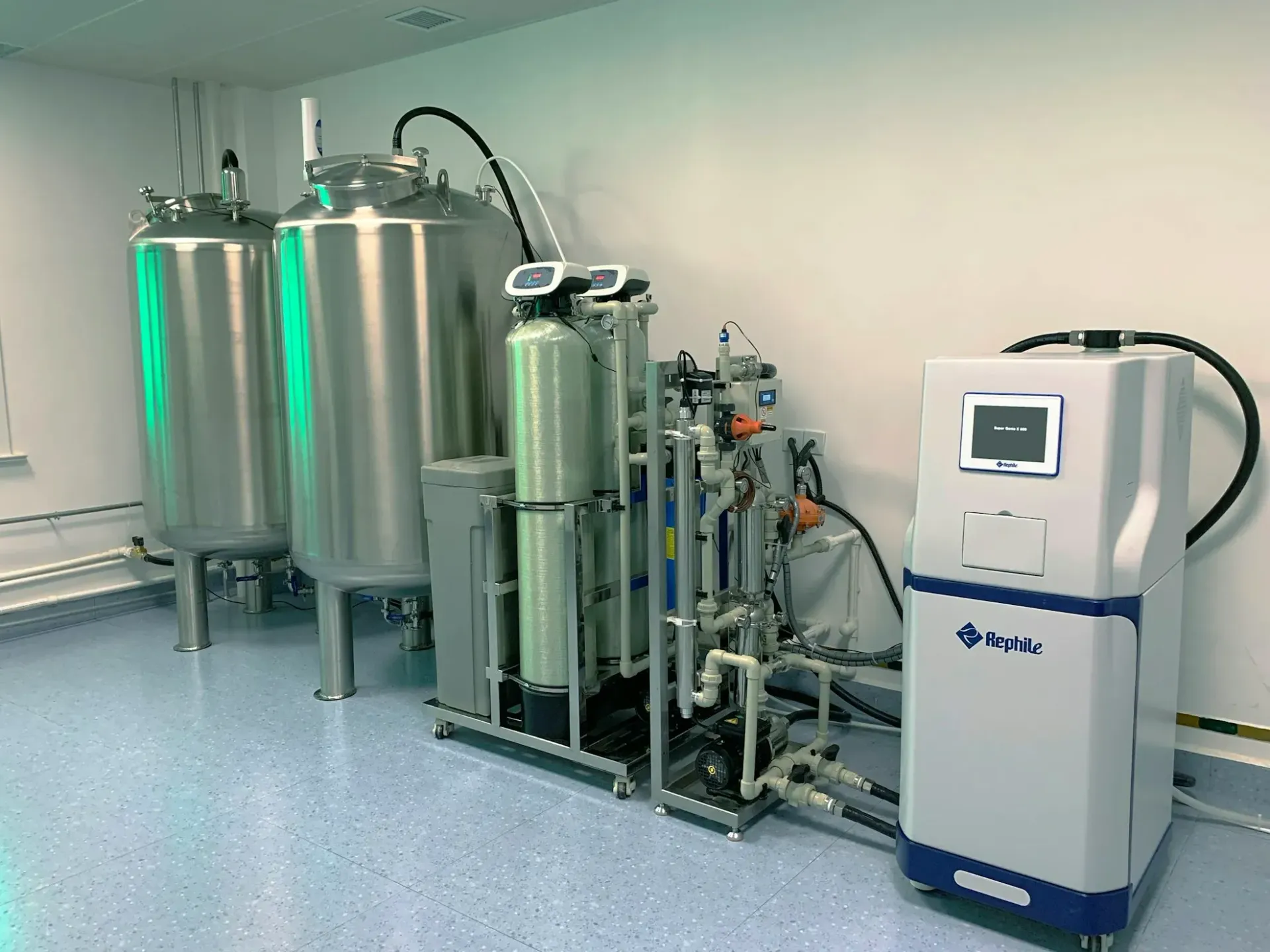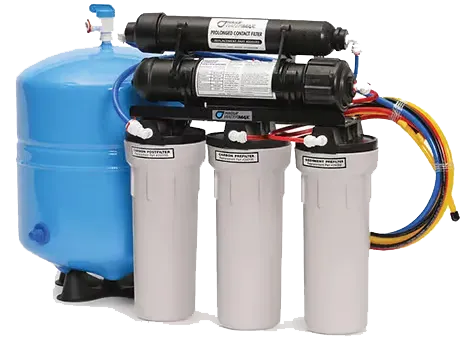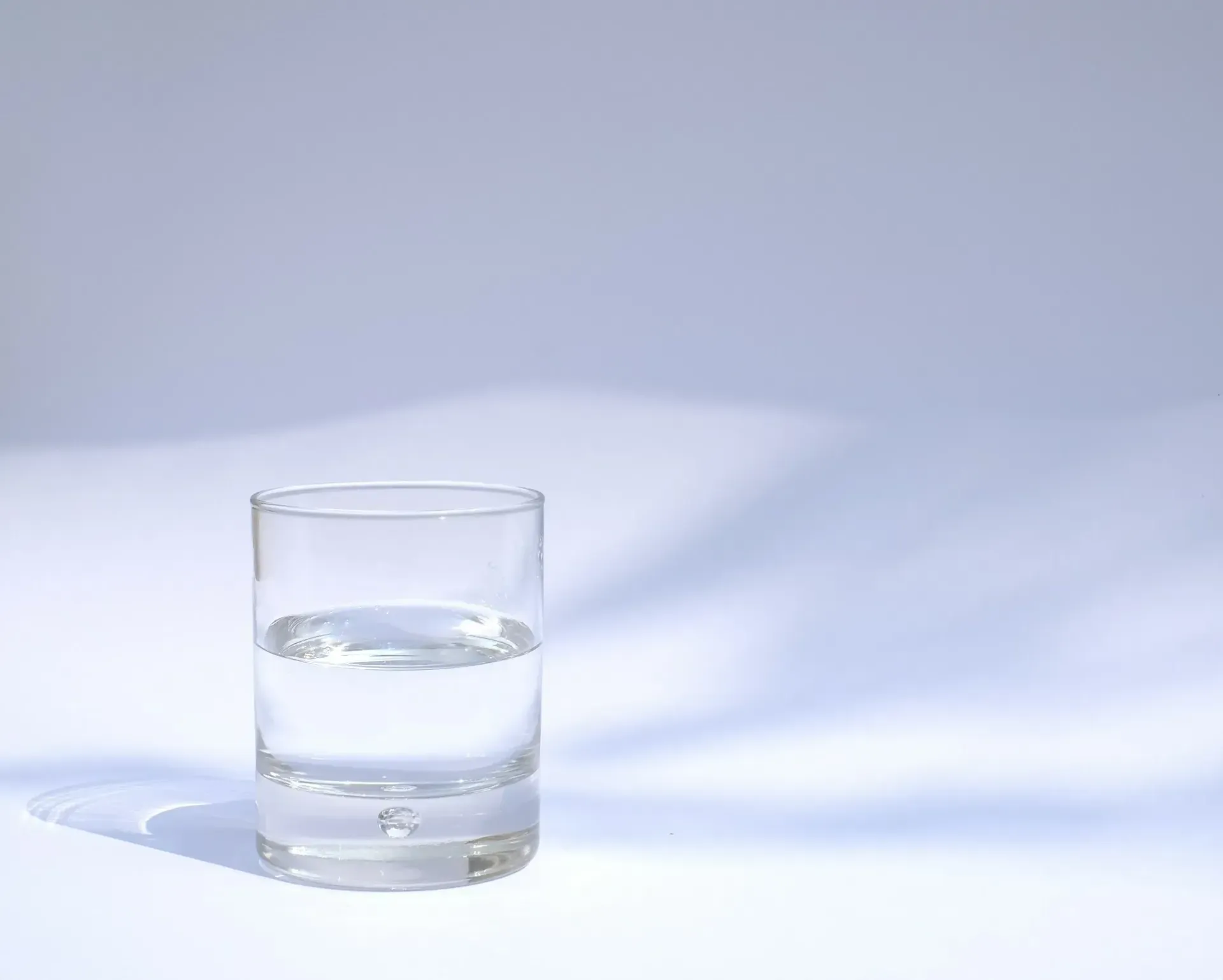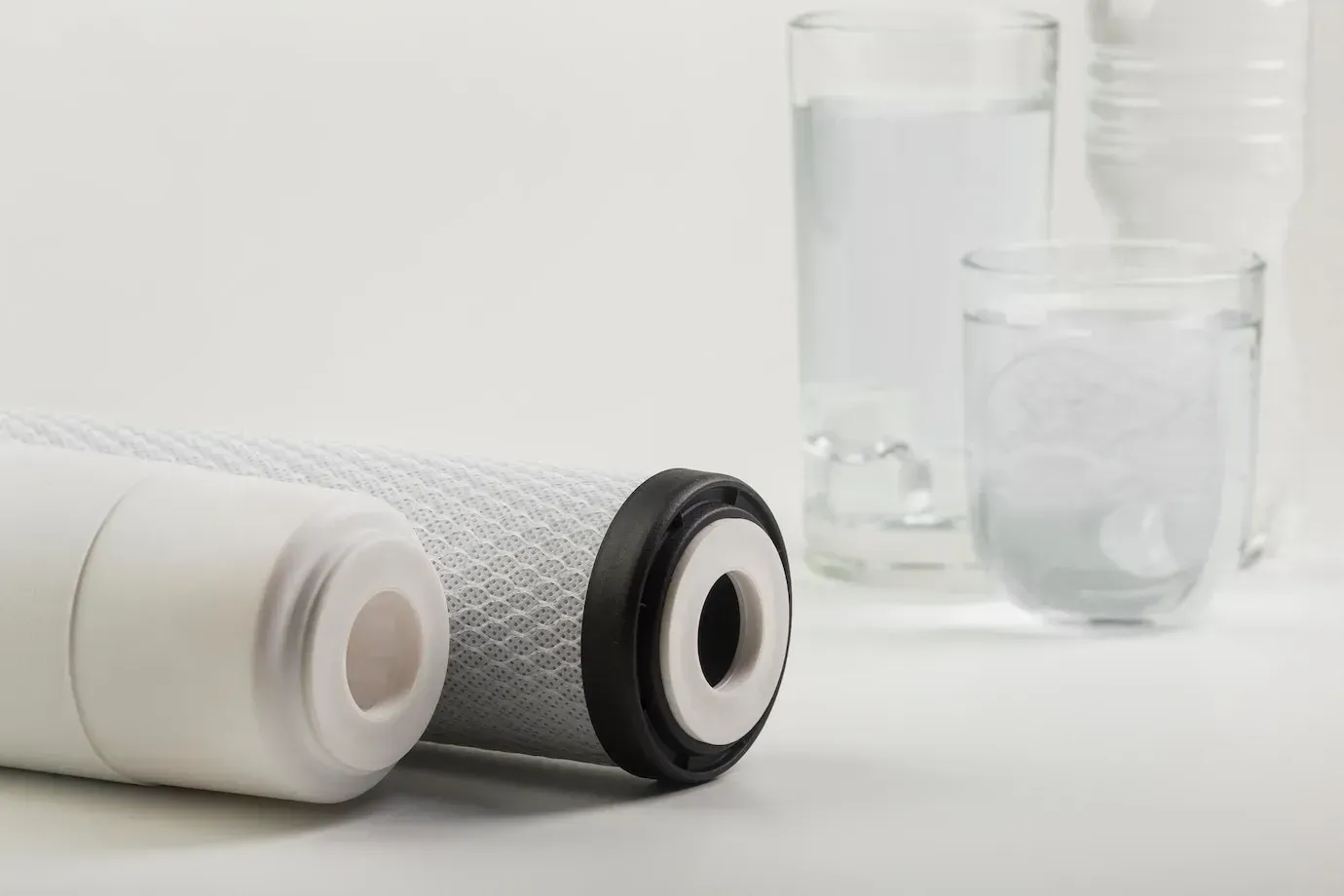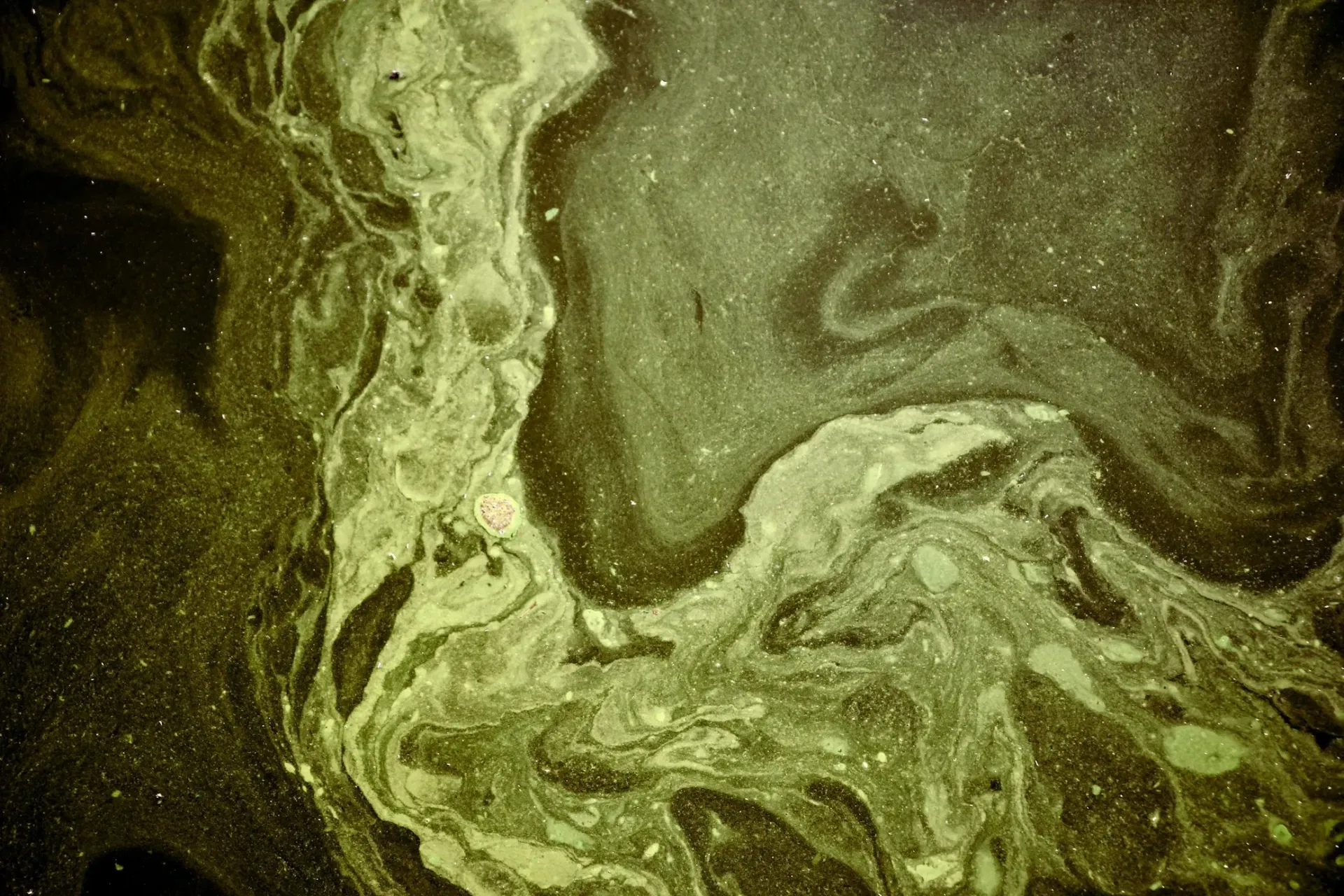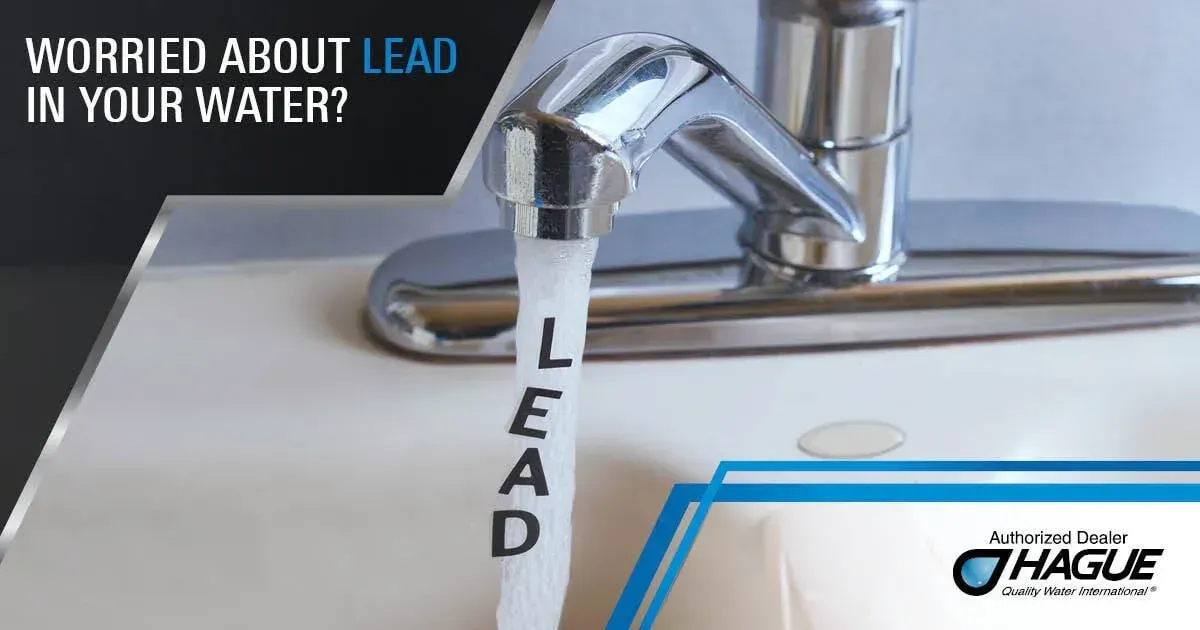The Ultimate Guide to Hard Water: Is Your Home Affected?
Introduction
Hard water is a widespread concern for many homeowners. Characterized by elevated levels of dissolved minerals, primarily calcium and magnesium, its presence is often traced back to water traveling through limestone and chalk deposits. These minerals, while natural, can alter the quality and properties of the water we use daily.
The ramifications of hard water extend beyond simple mineral content. It can impact the efficiency and lifespan of household appliances, the health of our skin and hair, and even our monthly utility bills. Addressing hard water is not just about home maintenance; it's about enhancing our overall quality of life.
What is Hard Water?
At its core, hard water is water that contains a higher concentration of dissolved minerals compared to ordinary soft water. This hardness is a natural occurrence, resulting from water percolating through deposits of limestone and chalk which are largely composed of calcium and magnesium carbonates.
When we delve into the specifics, several minerals are commonly associated with hard water:
- Calcium is a primary contributor to water hardness, leading to scale buildup in pipes and appliances.
- Magnesium, while also contributing to hardness, often associates with calcium in causing scale.
- Iron, though less common, can be found in hard water and can lead to reddish-brown staining.
- Manganese, in large quantities, can cause black staining on fixtures and laundry.
- Strontium and barium can occasionally contribute to the hardness, though they are less prevalent.
Signs Your Home Might Have Hard Water
Recognizing hard water in your home can sometimes be straightforward, while other times it may require a keener observation. Here are some key indicators:
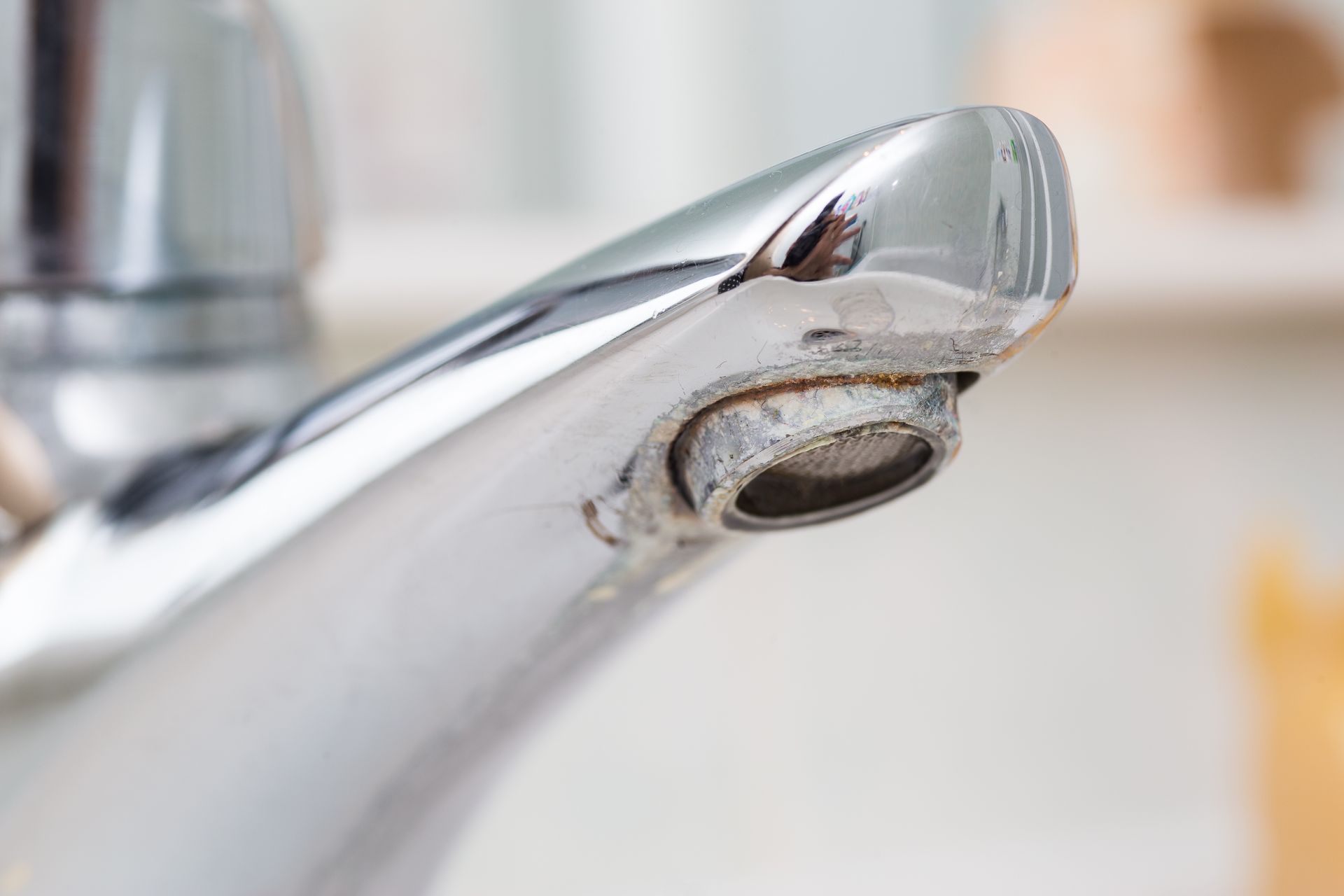
Physical indications
- Stains on fixtures: If you're noticing chalky, white, or even greenish-blue stains on your faucets or fixtures, it's a clear sign of hard water. These stains are mineral deposits left behind when water evaporates, and they can be tough to clean.
- Filmy shower screens: Over time, hard water can leave a filmy residue on shower screens. This film is a mix of minerals and soap, creating a stubborn scum that not only looks unsightly but can also be a breeding ground for mold and bacteria.
- Limescale buildup: Often visible on taps and showerheads, limescale is a crusty deposit that forms due to calcium and magnesium ions in hard water. Over time, these deposits can reduce the flow of water and lead to blockages.
Functional issues
- Reduced soap lather: Hard water makes soaps and detergents less effective due to its high mineral content. This often results in a reduced lather, meaning you might end up using more soap than necessary and still not getting the desired results.
- Skin irritation after bathing: Hard water can strip the skin of its natural oils, leading to dryness and irritation. Many people find that after showering in hard water, their skin feels tight, dry, or itchy.
- Hair feels rough and looks dull: When washed with hard water, hair can lose its natural shine and softness. The minerals in hard water can build up on the hair, making it feel coarse and look lifeless.
Appliance wear and tear
- Shortened appliance lifespan: Appliances that use water, like washing machines or dishwashers, can suffer from hard water. The mineral buildup can strain the appliance, reducing its efficiency and ultimately shortening its lifespan.
- Buildup in pipes: Over time, the minerals in hard water can accumulate inside pipes. This buildup can reduce water pressure, lead to blockages, and even cause the pipes to corrode or burst if not addressed.
- Decreased heating efficiency: Water heaters and boilers can also fall victim to hard water. Limescale deposits can coat heating elements, making them less efficient and driving up energy costs.
Impact of Hard Water on Your Health and Home
The effects of hard water are wide-ranging, influencing both our personal well-being and the efficiency and longevity of our household items.
Skin and hair implications
Hard water can pose challenges for personal care. The high mineral content, especially calcium and magnesium, can leave the skin feeling dry, itchy, and tight after showering. This is due to the tendency of these minerals to strip natural oils from the skin. Additionally, hair washed in hard water can become brittle, lackluster, and difficult to manage, as the minerals create a build-up that prevents moisture absorption and dulls natural shine.
Potential for increased energy bills due to scale buildup in appliances
Hard water has financial implications as well. As scale accumulates in appliances like water heaters, their efficiency diminishes. This means they have to work harder, consuming more energy, to produce the same results. Over time, this increased energy use can result in noticeably higher utility bills, making hard water not just a personal inconvenience but also an economic one.
Long-term damage to plumbing and appliances
The minerals in hard water don't just stay in the water; they deposit and accumulate over time. Inside pipes and appliances, these deposits can lead to blockages, reduce water flow, and even corrode the infrastructure. For appliances, this means a reduced lifespan and more frequent maintenance or replacement needs. For plumbing, the implications can be even more severe, potentially leading to significant home repair costs if pipes become heavily blocked or damaged.
Benefits of Water Softening Systems
Water softening systems are designed to tackle the issues posed by hard water by removing or diluting the concentrations of minerals like calcium and magnesium. These systems often utilize ion exchange resins or salt to replace the hard water minerals with softer elements, ensuring that the water flowing into your home is gentle on your appliances, skin, and hair.
- Softened water can enhance the longevity and efficiency of household appliances, reducing repair and replacement costs.
- Users often notice a significant improvement in skin and hair health, leading to reduced expenses on skincare and haircare products.
- Soap and detergent usage is diminished as softened water lathers more effectively, leading to cost savings.
- Energy bills may decrease as appliances run more efficiently without scale buildup.
- Plumbing systems last longer and require less maintenance, avoiding potentially high repair bills.
At Puresoft Water Treatment Inc, we pride ourselves on providing top-tier water softening solutions for every household. Discover more about our exceptional water softening offerings to understand how we can transform your water quality.
Advantages of Water Filtration Systems
Water filtration systems serve a pivotal role in guaranteeing that the water we consume is not just soft, but also pure and free from harmful contaminants. Through various filtration processes, these systems effectively remove impurities, ensuring the water you drink and use in cooking is of the highest quality, promoting better health and well-being.
While there are numerous advantages to water filtration, one of its most crucial benefits is safeguarding against potentially harmful chemicals, bacteria, and other pollutants that might be present in unfiltered water. This not only preserves health but also provides peace of mind when using water for consumption and daily activities. Keep in mind, the advantages of water filtration are extensive; we'll delve deeper into these in a separate detailed blog.
At Puresoft Water Treatment Inc, we prioritize pure, clean water. Explore our range of water filtration solutions, prominently featuring Hague products, designed meticulously for unparalleled water purification.
How to Test for Hard Water in Your Home
Determining whether your home has hard water is essential for both the health of your family and the longevity of your appliances. Here are some methods you can employ, ranging from simple home tests to professional evaluations.
DIY methods:
- Soap Test: Fill a clear bottle with tap water, add a few drops of liquid soap, and shake. If the water doesn’t produce much lather and leaves a cloudy residue, you likely have hard water.
- White Vinegar: Boil a pot of water and observe. If there's a film or residue left after boiling, it might indicate hard water.
- Inspect Appliances: Look for signs of scale buildup in appliances such as your kettle or washing machine. White, chalky deposits are often indicative of hard water.

Professional testing offers a more comprehensive and accurate assessment of your home's water quality. While DIY methods provide a basic understanding, they might not capture the full spectrum of contaminants or the precise hardness level. By investing in professional testing, you get precise measurements, insights into other potential water issues, and recommendations on the most suitable water treatment solutions. It ensures that you’re addressing the specific water challenges facing your household, making it a worthwhile step in maintaining a safe and efficient home.
Choosing the Right Solution for Your Home
Factors to consider when selecting a water softening and filtration system:
- Household Size: Larger families might require systems with higher capacities to meet their daily water needs.
- Water Usage: Evaluate your daily water consumption including drinking, bathing, and appliance use.
- Hardness Level: The severity of your hard water problem will influence the type of system you require.
- Existing Water Quality: Consider any other contaminants or pollutants present in your water source.
- Budget Constraints: Determine a budget range and look for systems that offer the best value within it.
- Maintenance Needs: Some systems may require more frequent maintenance or filter replacements than others.
Relying on established providers like Puresoft Water Treatment Inc ensures you're investing in quality, reliability, and expertise. With the abundance of products available in the market, it's easy to feel overwhelmed. However, trusted companies bring years of experience, high-quality products, and top-notch customer service to the table. Our dedication to the community of Franklin, IN, and our specialization in using premium Hague products, guarantee that you receive the best solution tailored to your unique needs. With Puresoft, you're not just buying a product, you're securing a future of pure, soft water for your home.
Conclusion
Addressing hard water issues is not merely about enhancing the taste of your drinking water or preventing stains on your fixtures. It's a comprehensive approach to ensuring the longevity of your appliances, the health of your skin and hair, and most importantly, the overall well-being of your family. Ignoring the signs can lead to more significant, costly problems in the future, both health-wise and in terms of home maintenance.
If you're in Franklin, IN, or the surrounding areas and suspect your home might have hard water, don't hesitate to reach out. Puresoft Water Treatment Inc. is here to guide you every step of the way, from identifying the issues to providing the most effective solutions tailored to your needs. We encourage you to schedule a consultation with us today and ensure your home's water is in the best condition possible.
